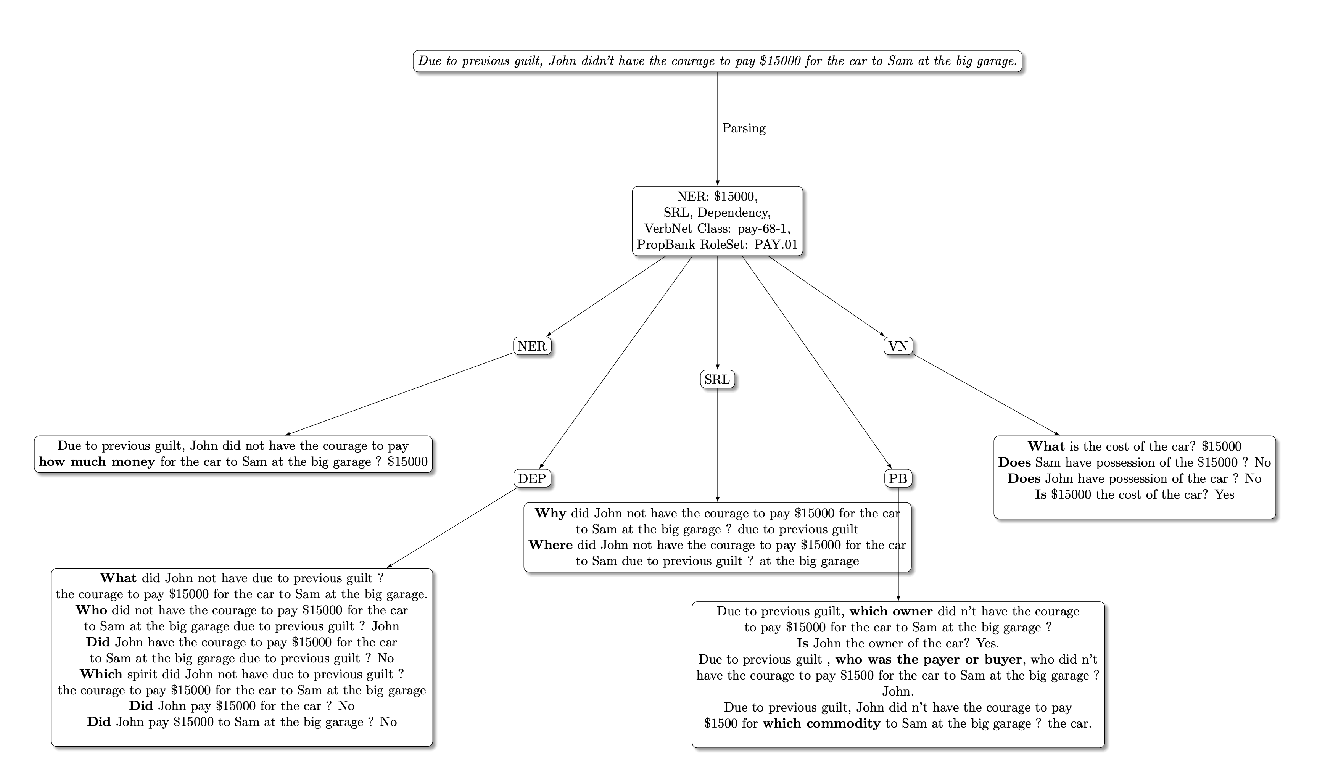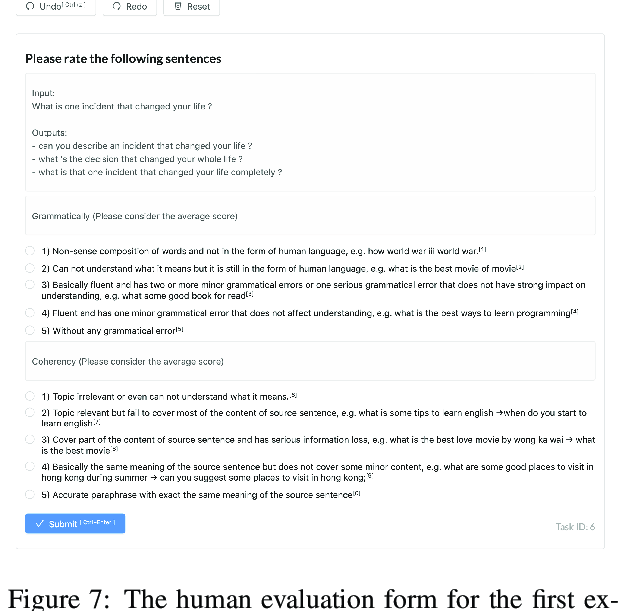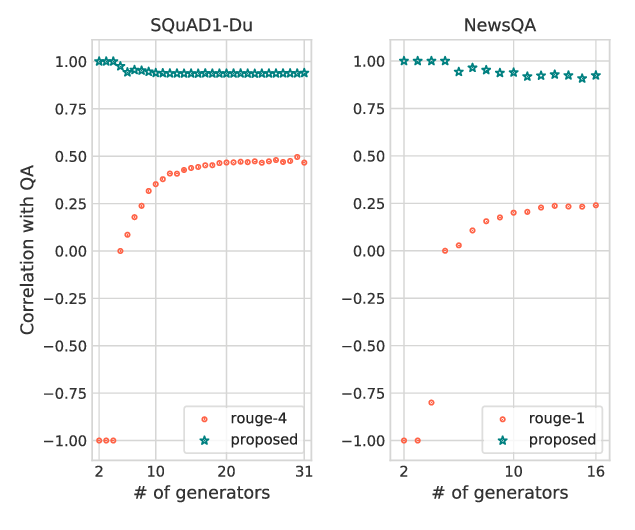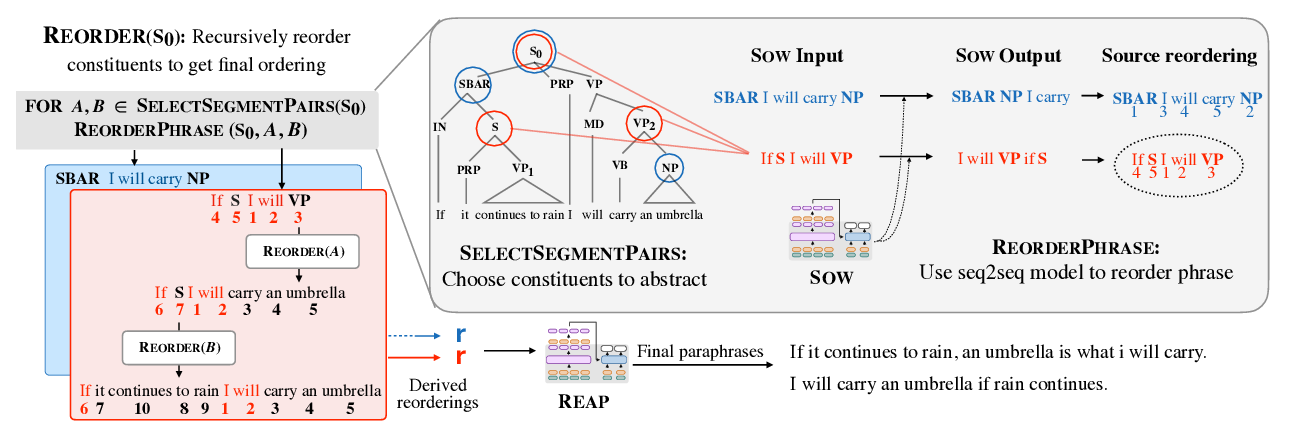How to Ask Good Questions? Try to Leverage Paraphrases
Xin Jia, Wenjie Zhou, Xu Sun, Yunfang Wu
Semantics: Textual Inference and Other Areas of Semantics Long Paper
Session 11A: Jul 8
(05:00-06:00 GMT)

Session 12B: Jul 8
(09:00-10:00 GMT)

Abstract:
Given a sentence and its relevant answer, how to ask good questions is a challenging task, which has many real applications. Inspired by human's paraphrasing capability to ask questions of the same meaning but with diverse expressions, we propose to incorporate paraphrase knowledge into question generation(QG) to generate human-like questions. Specifically, we present a two-hand hybrid model leveraging a self-built paraphrase resource, which is automatically conducted by a simple back-translation method. On the one hand, we conduct multi-task learning with sentence-level paraphrase generation (PG) as an auxiliary task to supplement paraphrase knowledge to the task-share encoder. On the other hand, we adopt a new loss function for diversity training to introduce more question patterns to QG. Extensive experimental results show that our proposed model obtains obvious performance gain over several strong baselines, and further human evaluation validates that our model can ask questions of high quality by leveraging paraphrase knowledge.
You can open the
pre-recorded video
in a separate window.
NOTE: The SlidesLive video may display a random order of the authors.
The correct author list is shown at the top of this webpage.
Similar Papers
Syn-QG: Syntactic and Shallow Semantic Rules for Question Generation
Kaustubh Dhole, Christopher D. Manning,

Paraphrase Generation by Learning How to Edit from Samples
Amirhossein Kazemnejad, Mohammadreza Salehi, Mahdieh Soleymani Baghshah,

On the Importance of Diversity in Question Generation for QA
Md Arafat Sultan, Shubham Chandel, Ramón Fernandez Astudillo, Vittorio Castelli,

